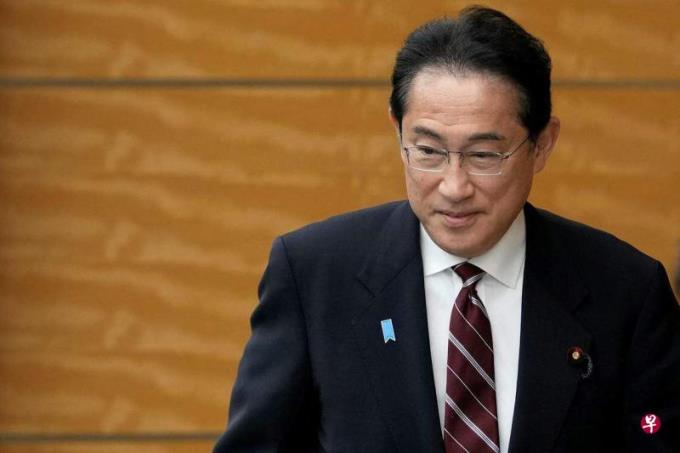
(Tokyo News) Japan will deepen the partnership with NATO and plans to provide a common framework for Russia and China as earlier this summer.
NATO has 31 member states, including the United States and the United Kingdom; Japan is not a formal member of NATO, but it is the "global partner" with NATO as South Korea and Australia.
In 2014, Japan and NATO signed the "Inpidual PARTNERSHIP and Cooperation Programme", focusing on cooperation in some specific fields, such as maritime security and humanitarian assistance, but military cooperation is basically not scope.Inside.
According to the Asian report, Japan is drafting a "Inpidual Tailored Partnership Programme" and plans to be released at the NATO summit held on Lithuania on July 11.Japanese Prime Minister Kishida Kishita has been invited to attend the meeting.
The upgraded partnership will keep both parties consistent in Russia and China, and the field of network and space will also become a area where both parties have closer cooperation.
NATO has always conducted large -scale network defense exercises with member states and partners, and hopes to improve Asian network security capabilities through practical exercises with Japan.
NATO seek to coordinate the coordination of emerging and subversive technology with Japan, and share information to ensure that the existing defensive structure will not be offset by advanced military and civilian dual -use technologies such as artificial intelligence, biotechnology, and quantum computing.
As Russia's invasion of Ukraine has changed the global security environment, Kishida warned that there may be behaviors that try to change the status quo unilaterally anywhere in the world.To this end, Japan is not only with the United States, but also other countries with common values, especially members of Europe and NATO to reshape security partnerships.
Although the joint operations of Japan and Europe in land, sea, and air are hindered due to geographical factors, since the conflict between the outbreak of Russia and Ukraine, the deeper security relationship between the two sides has become more meaningful, and it has also improved people to the Internet for the Internet., Space and electromagnetic warfare as a cognition of traditional geographical restrictions.
Europe has stepped up to participate in the Indo -Pacific area
At the same time, in the case of increasingly vigilant China, Europe is stepping up to participate in the Indo -Pacific region.The Seventh Kingdom Group (G7) recently held a communiqué published after the summit was held in Hiroshima, Japan, and expressed "solemn concerns" about the status quo of the East China Sea and the South China Sea.
Britain has been actively seeking to establish closer bilateral relations with Japan since withdrawing from the EU.Kishida and British Prime Minister Sonak signed a historic Hiroshima agreement in front of the G7 summit to promise to strengthen cooperation between the two troops, including expanding joint exercises.
European security experts and associate professor of comprehensive policy at Qingying University of Japan, Hegang, said: "European countries are worried that China will provide military support to Russia, which will have a direct negative impact on European security environments." Takagang Routers pointed out that Japan and Europe also hope to cooperate in economic security, "but there are still some obstacles in adjusting export restrictions and sanctions in Japan."




